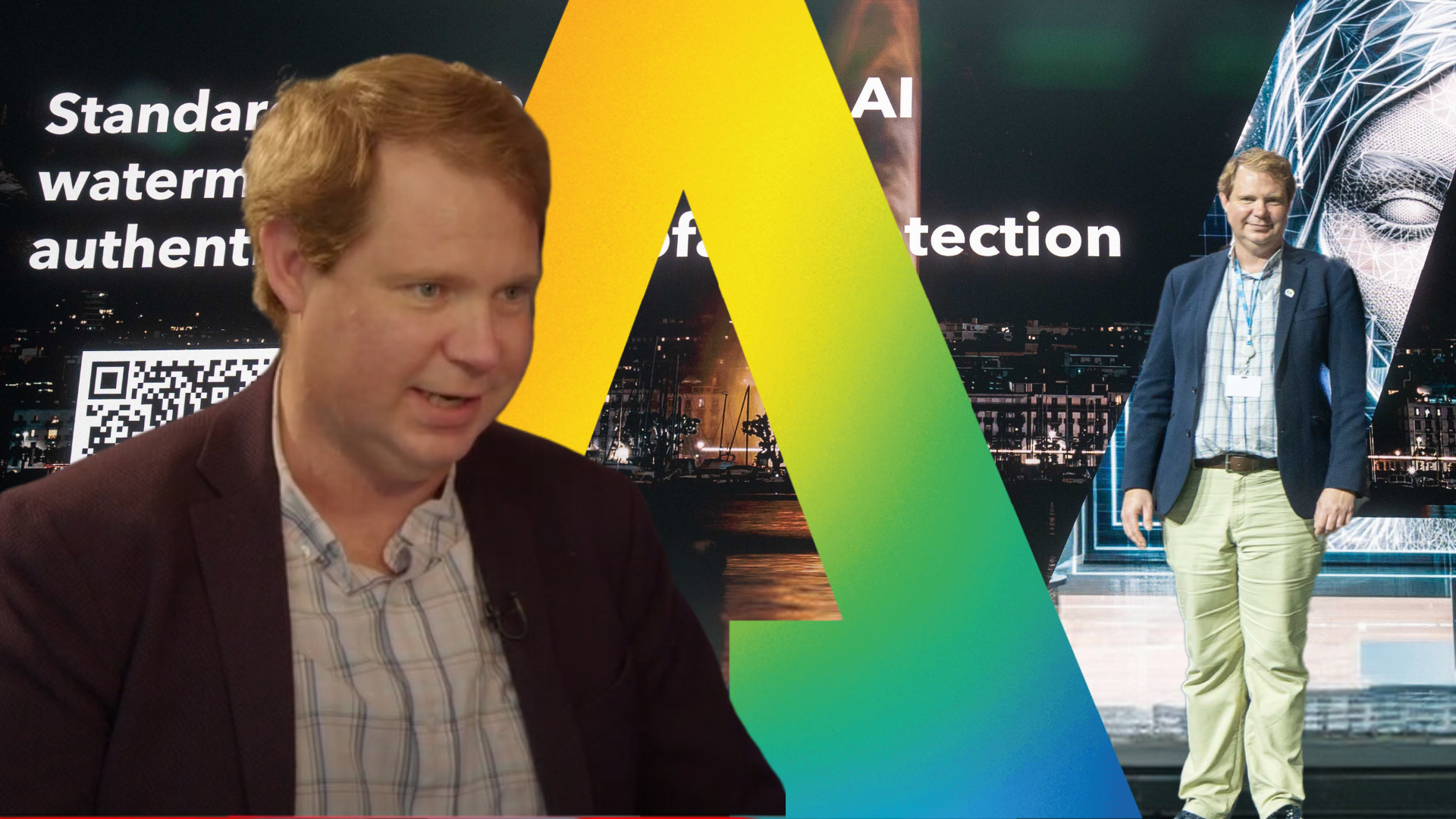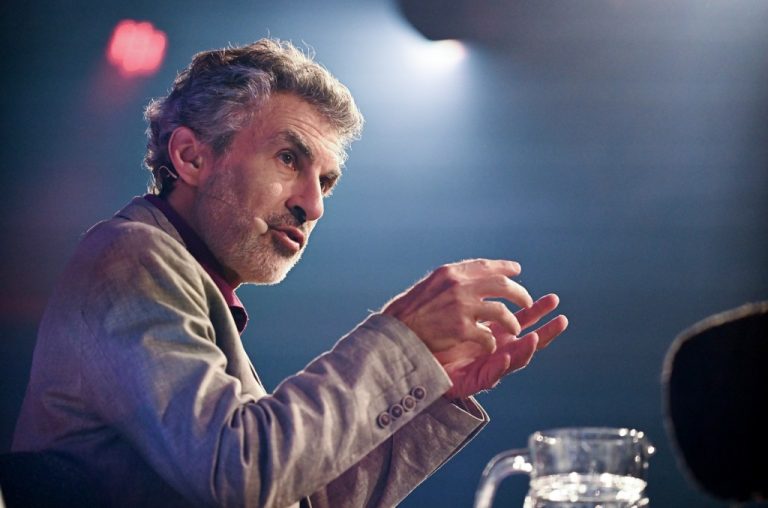Harnessing AI to Safeguard Media Integrity: The Future of Trustworthy News
The AI for Good Global Summit 2024, taking place in Geneva, gathered thought leaders and innovators across multiple sectors to explore the transformative impact of artificial intelligence (AI). Notably, Andrew Jenks, the Director of Media Provenance at Microsoft and Executive Chair of the Coalition for Content Provenance and Authenticity (C2PA), took the stage to articulate the crucial role technology plays in upholding media integrity and transparency.
During the summit, Jenks engaged in a workshop and a panel discussion that delved into international standards for generative AI and the necessity of collaboration among standards organizations to bolster global partnerships. He highlighted that the first panel focused on how these international standards can enhance transparency and disclosure regarding generative AI, while the second panel emphasized the collaboration potential between standards groups to promote greater internationalization and mutual cooperation in these key areas. These discussions underscore the significance of transparency in generative AI, allowing users to gain trust in the technology they engage with.
An exhilarating highlight from Jenks’ second panel was the announcement of a new collaboration aimed at establishing standards for AI watermarking, multimedia authenticity, and deepfake detection. This initiative, supported by the C2PA along with prominent international bodies including the International Electrotechnical Commission (IEC), International Organization for Standardization (ISO), and International Telecommunication Union (ITU), strives to create coordinated standards for AI watermarking, significantly improving the detection and verification of multimedia content authenticity.
Jenks further elaborated on his responsibilities and the concept of media provenance, presenting it as a method of securely binding essential facts to a piece of media through cryptographic means. This groundbreaking technology guarantees that the media content remains unchanged from its original source. Jenks articulated the critical nature of this capability:
“If you’re on X or any other social network and you see a piece of media that reports to come from the BBC or CNN, it might look exactly like it comes from them, but you have no real way of knowing if that’s what they originally published or if it’s been altered.”
To tackle this challenge, C2PA’s innovative technology provides a means to verify the authenticity of media content.
“Our technology gives you a way to be able to confirm that what you’re seeing is what was originally published. It gives you some trust signals to determine whether or not to trust a piece of media,” Jenks stated.
This initiative aims to counter misinformation while bolstering user trust in digital content. Jenks also explained that the technology functions as a foundational protocol already recognized by platforms such as LinkedIn, TikTok, and Meta for AI-generated content. He expressed optimism that it will soon be as widely recognized as the lock icon for HTTPS—the symbol of enhanced security.
Jenks expressed amazement at the variety of AI applications aligning with the Sustainable Development Goals (SDGs) presented at the summit. “I’ve seen everything from kickballs that help rehabilitate injured children to lights that help with fall detection. It’s been really amazing to see the different applications of AI,” he shared, revealing how this exposure expanded his perspective beyond his specific niche in generative AI content.
Reflecting on his inaugural summit experience, Jenks emphasized the importance of ensuring AI serves the benefit of all society.
“The applications of AI for good are endless, but we really have to be careful and make sure that we have the proper safeguards, international standards, and uses in mind when we create these artificial intelligence systems,” he remarked.
This thoughtful approach is crucial for ensuring that advancements in AI are both inclusive and beneficial. He hoped for significant progress and underscored the necessity of cooperation among various standards groups and international organizations. Coordinating efforts with entities like the ITU and representatives from UN member countries is essential for achieving a forward-looking approach.
Andrew Jenks’ involvement in the AI for Good Global Summit exemplifies Microsoft’s dedication to harnessing AI for societal advantage. By prioritizing media integrity and transparency, Microsoft aims to fight misinformation and cultivate trust in digital content. Jenks’ insights spotlight the indispensable role of international collaboration and standards in molding the future of AI. His contributions at the summit reflect the revolutionary potential of AI across the media landscape and beyond. Microsoft’s commitment to safeguarding media integrity via cryptographically secure provenance technology represents a proactive stance against misinformation. As AI continues to advance, the collaborative efforts highlighted by Jenks offer a roadmap for leveraging technology to benefit society as a whole. His vision unites technological innovation with ethical considerations, ensuring that AI progress is secure, transparent, and advantageous for everyone.







